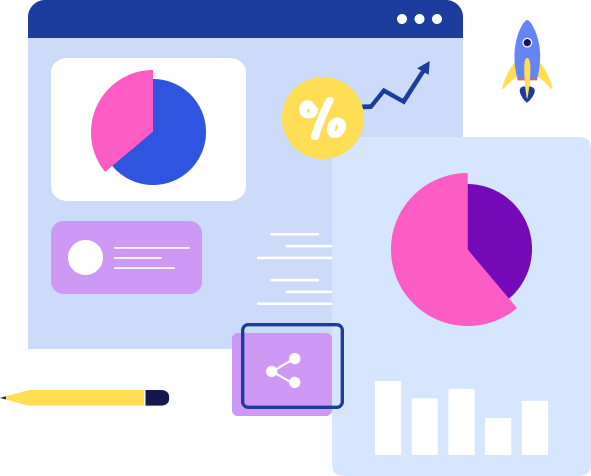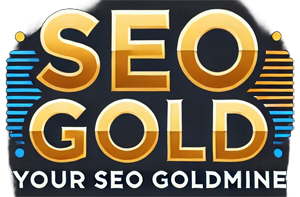What’s the Difference Between SEO, Internet Marketing, and Digital Marketing?
What is the Difference Between SEO, Internet Marketing, and Digital Marketing?
In the world of online business, terms like SEO, Internet Marketing, and Digital Marketing are often used interchangeably. While they are all crucial for establishing and growing an online presence, they each have distinct roles. Understanding these differences can help businesses implement the right strategies to maximize their visibility and growth.
SEO (Search Engine Optimization)
SEO, or Search Engine Optimization, is a process that focuses on improving a website’s ranking in search engine results, like Google. The goal is to optimize your website so that it appears as high as possible for relevant search queries.
SEO involves a range of techniques, including:
- On-Page SEO: Optimizing elements like title tags, meta descriptions, headers, and keywords within the website’s content.
- Off-Page SEO: Building backlinks, social signals, and other factors outside your website to boost authority.
- Technical SEO: Ensuring your website is structured in a way that search engines can easily crawl and index, such as improving page speed, ensuring mobile-friendliness, and resolving issues with site architecture.
SEO is all about making your website more discoverable to search engines and, ultimately, to users searching for what your business offers.
Internet Marketing
Internet Marketing is a broad term that encompasses any form of marketing activity that takes place online. It includes SEO but also spans a variety of other strategies to drive traffic and awareness. The main components of Internet Marketing include:
- SEO: Optimizing websites for search engines.
- Email Marketing: Sending targeted emails to potential and existing customers.
- Content Marketing: Creating valuable content (blogs, videos, guides) to attract and engage audiences.
- Affiliate Marketing: Earning commissions by promoting other companies’ products or services.
The key focus of Internet Marketing is driving online traffic and leads through various digital channels, including SEO, but it can also include paid and unpaid methods like PPC (Pay-Per-Click) advertising or organic social media marketing.
Digital Marketing
Digital Marketing is an even broader term than Internet Marketing. While Internet Marketing strictly refers to strategies carried out online, Digital Marketing includes all marketing efforts that use digital technology—whether online or offline. Digital Marketing encompasses the following:
- Internet Marketing: Everything mentioned above—SEO, email, content, and affiliate marketing.
- PPC Advertising: Paid online advertising through Google Ads, Bing Ads, social media ads, etc.
- Social Media Marketing: Engaging with audiences on platforms like Facebook, Instagram, Twitter, and LinkedIn.
- Display Advertising: Banner ads and other forms of visual advertising on websites.
- SMS and MMS Marketing: Reaching customers through text messaging.
- Digital Billboards: Advertisements displayed on electronic screens in public places.
- Television and Radio Marketing: Ads delivered via digital broadcasts.
Digital Marketing is all about leveraging digital channels to connect with customers, including traditional and newer, internet-based methods. It’s the umbrella term that encompasses both online and offline digital strategies.
Key Differences Between SEO, Internet Marketing, and Digital Marketing
- Scope:
- SEO is specifically focused on improving search engine rankings.
- Internet Marketing covers all online activities to drive traffic and generate leads.
- Digital Marketing includes both online (internet-based) and offline strategies using digital technologies.
- Techniques:
- SEO is a subset of Internet Marketing and focuses primarily on organic search engine optimization.
- Internet Marketing encompasses SEO, content creation, email marketing, and more to engage audiences online.
- Digital Marketing expands beyond the internet, including strategies like SMS, digital billboards, and digital TV/radio ads.
- Channel Use:
- SEO focuses solely on search engine visibility.
- Internet Marketing uses various online channels, including SEO, email, and social media.
- Digital Marketing includes both online channels and offline digital mediums.
Why Does This Matter for Your Business?
Knowing the difference between these three terms can help you craft a more comprehensive marketing strategy. If you’re looking to improve search engine visibility, focusing on SEO is critical. If you’re seeking to engage customers across multiple online platforms, Internet Marketing is the way to go. If you want to cover all your bases, including traditional digital outreach like SMS and digital billboards, Digital Marketing provides the most expansive coverage.
Ultimately, combining SEO, Internet Marketing, and Digital Marketing can create a robust strategy for reaching and converting your target audience.












